Following the principles and pedagogy of Waldorf Education.
Learn More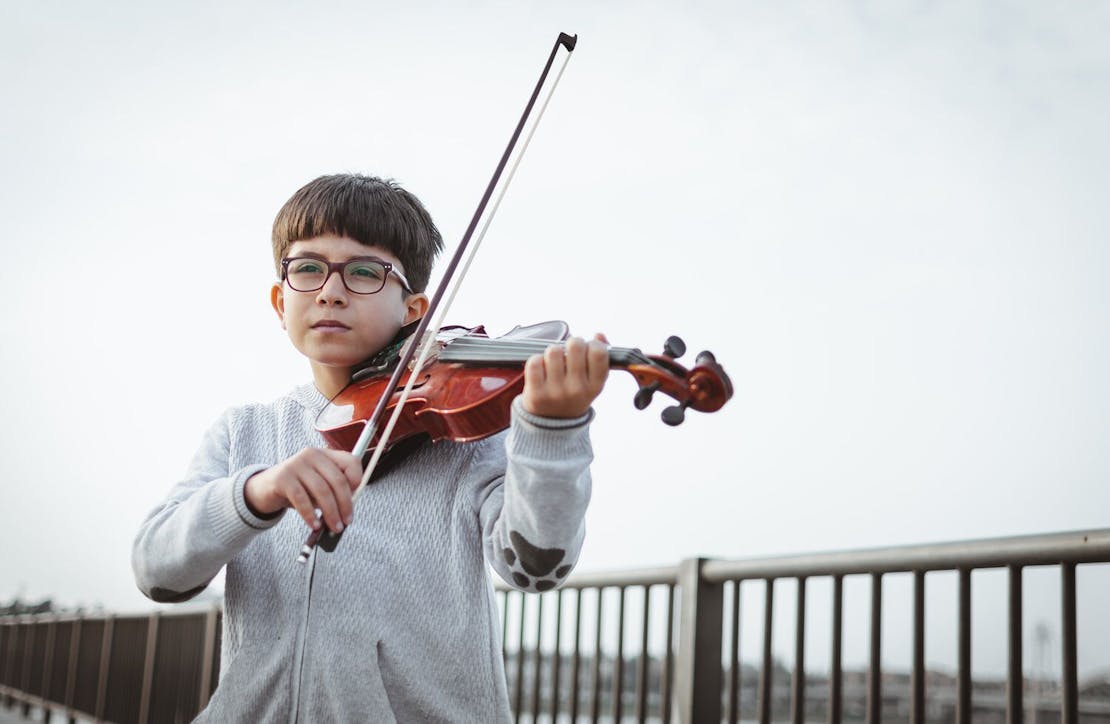


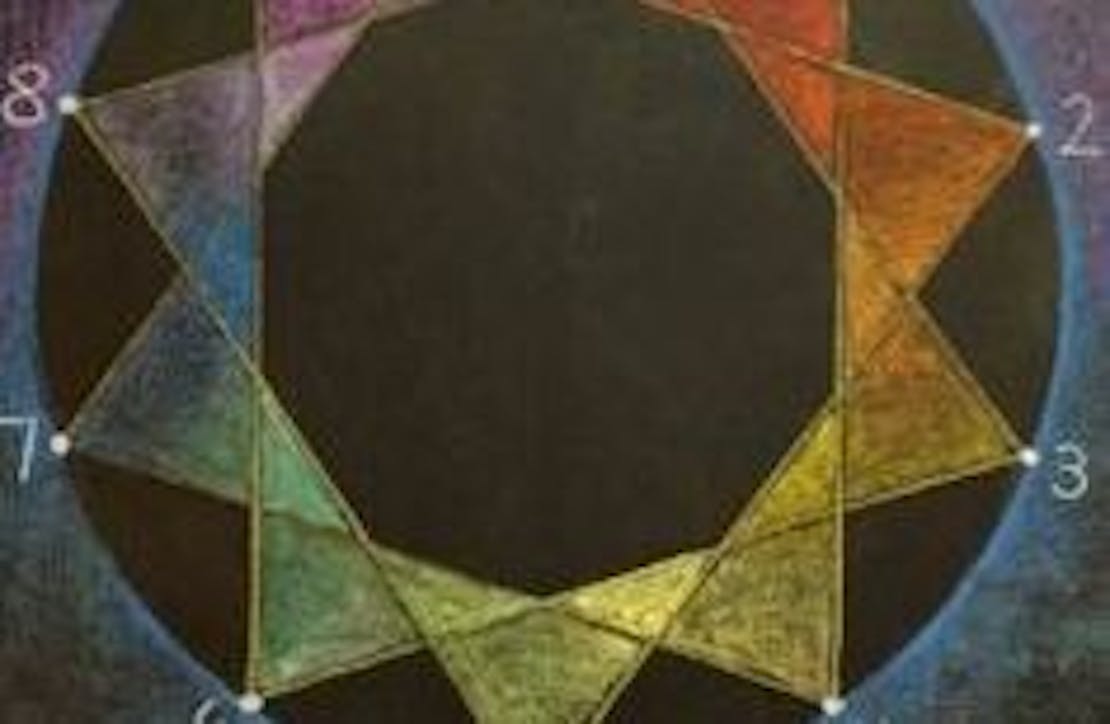
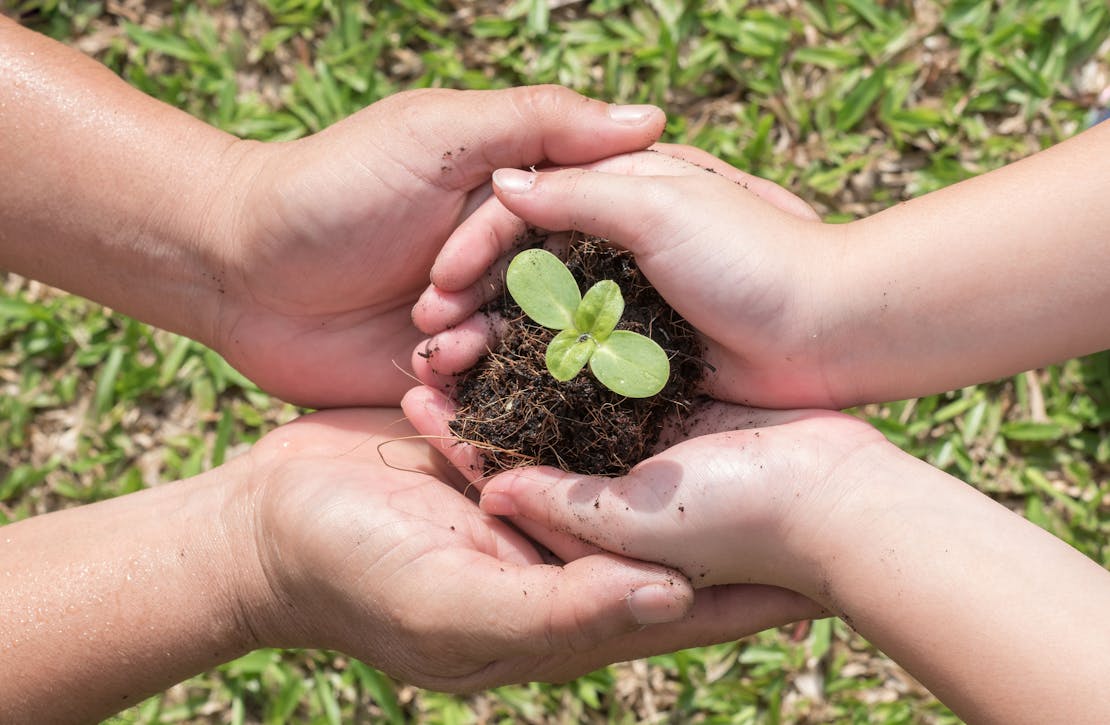

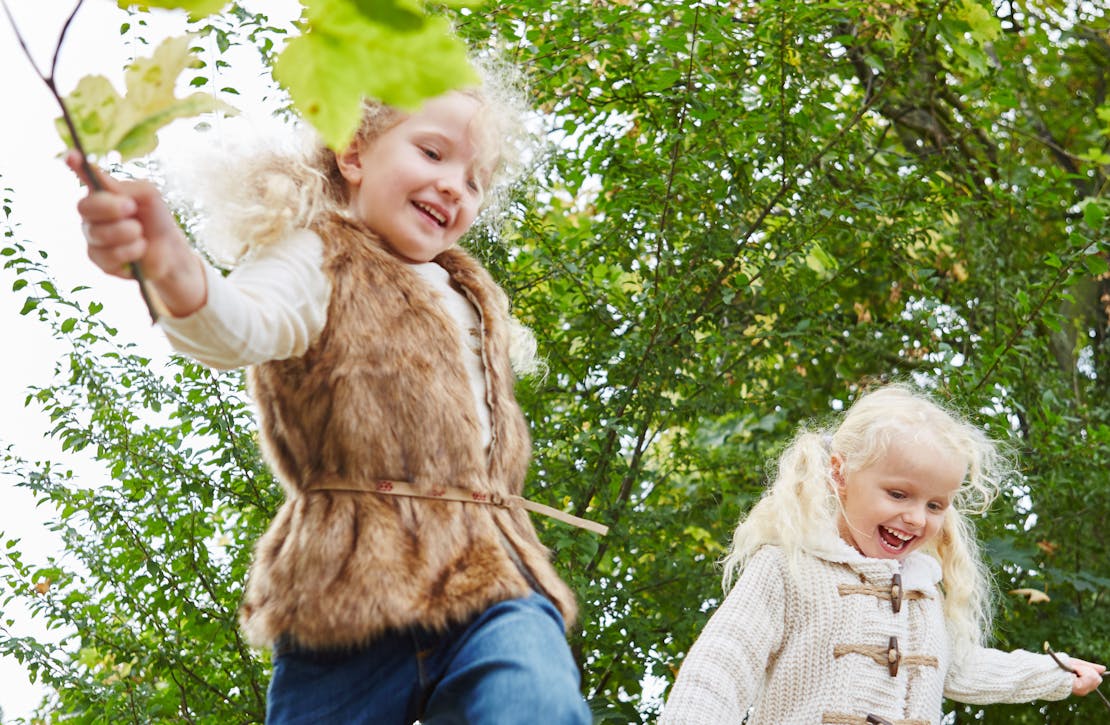
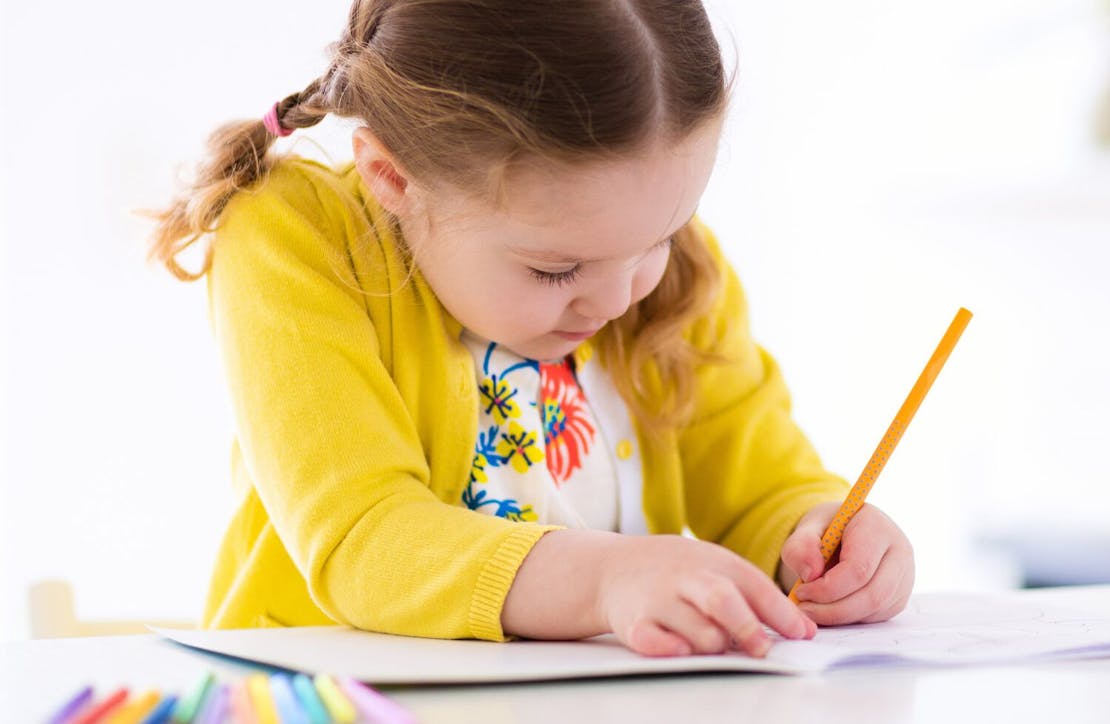
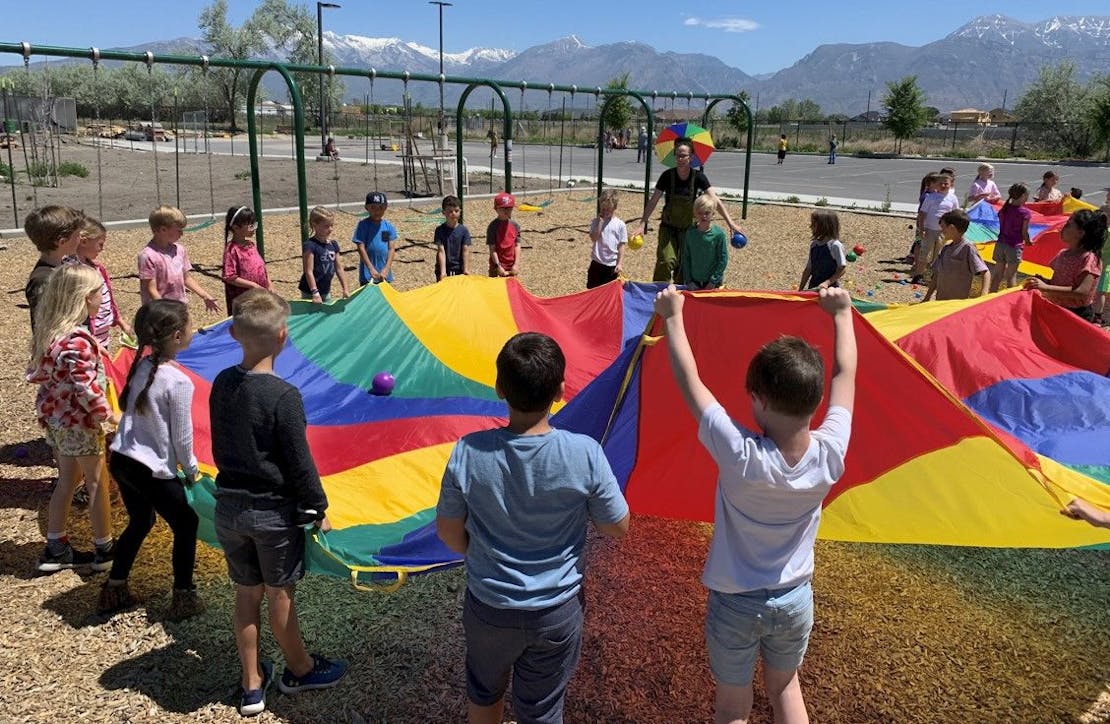

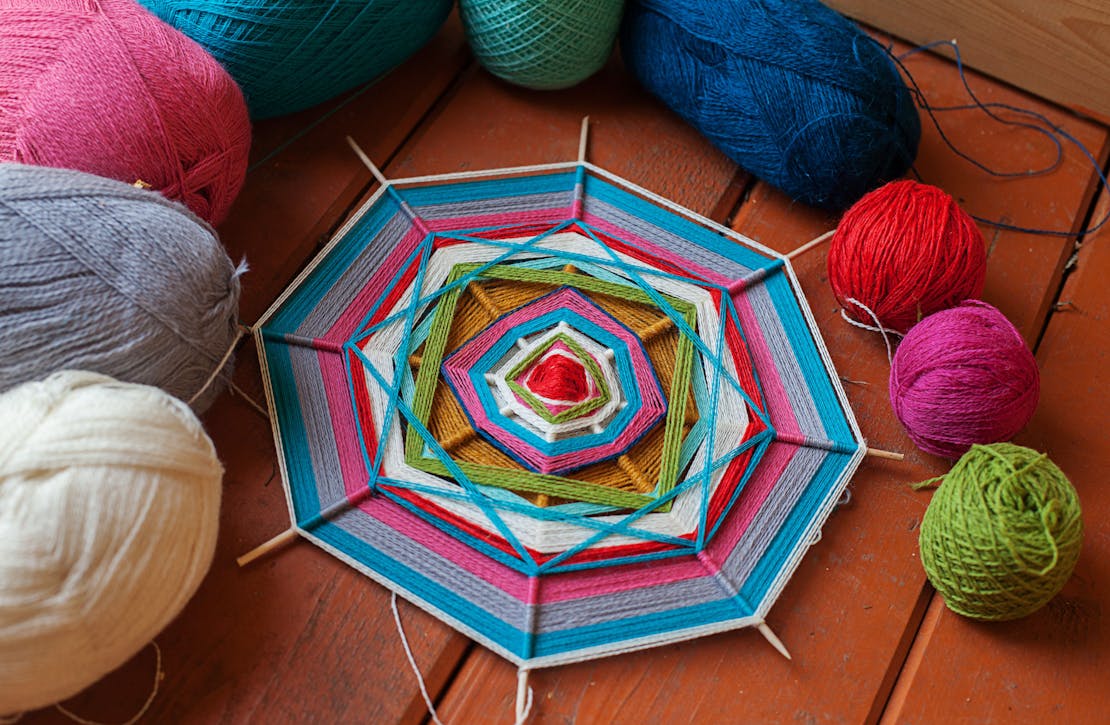
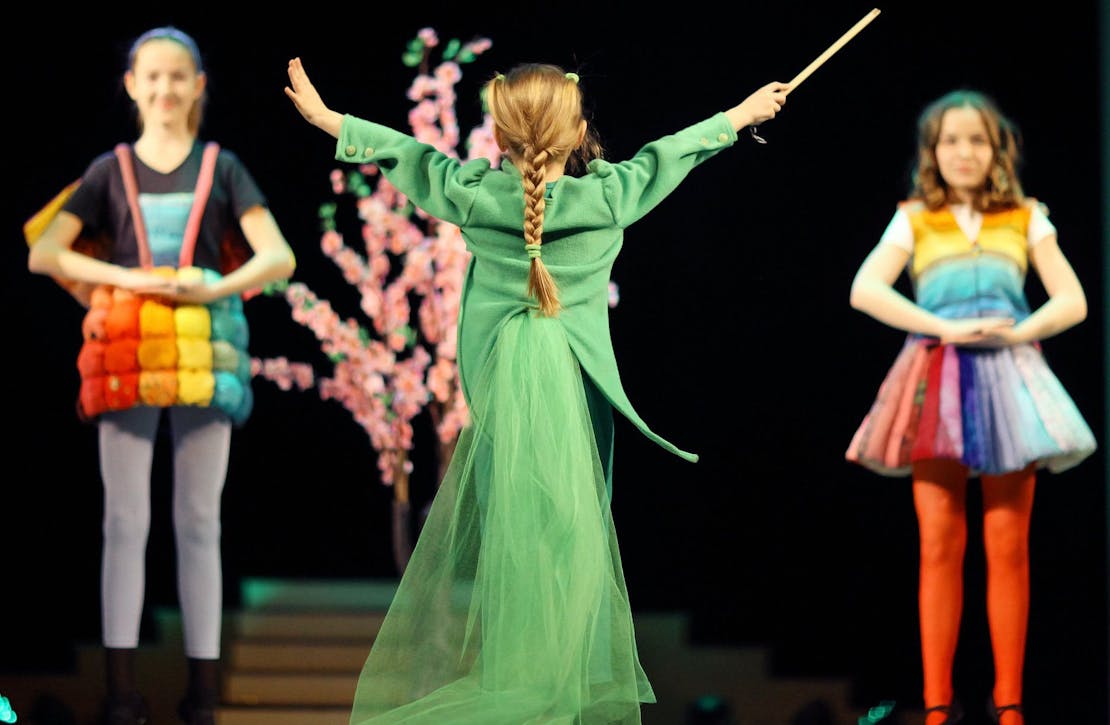
Whole Child Education A Music Integrated Arts Foreign Language Academics Permaculture Gardening Culinary Kitchen Nature Main Lesson Books Outdoor Classrooms Festivals Handwork Class Plays
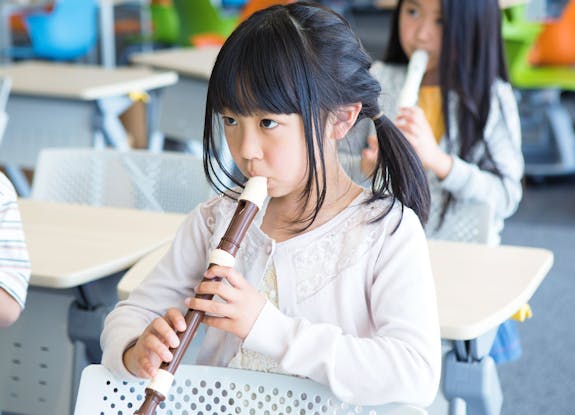





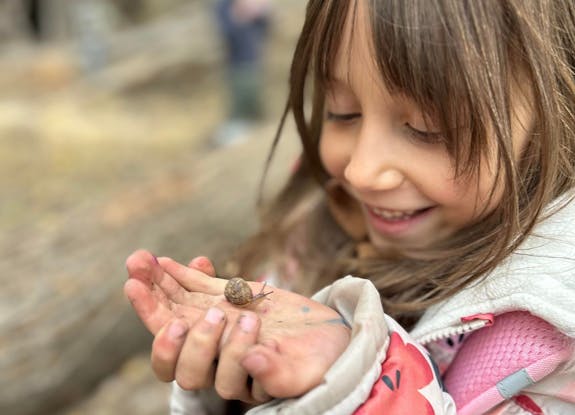
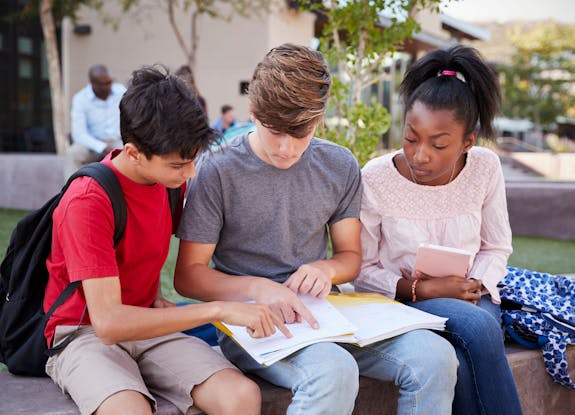
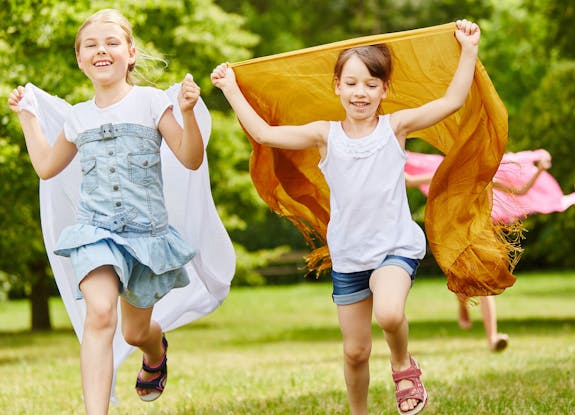
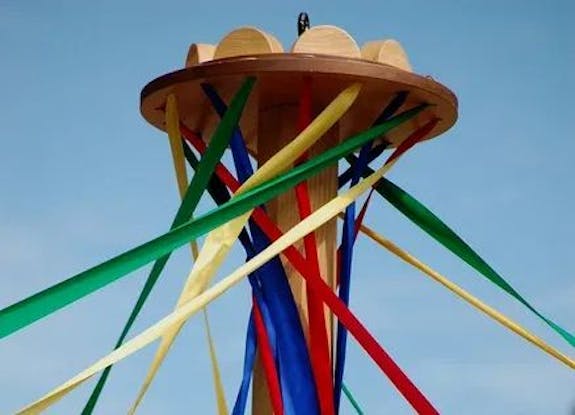
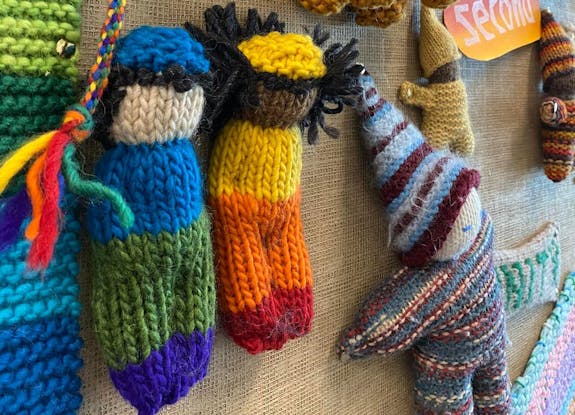
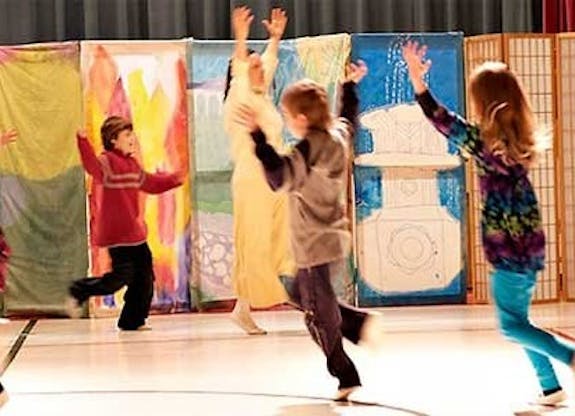
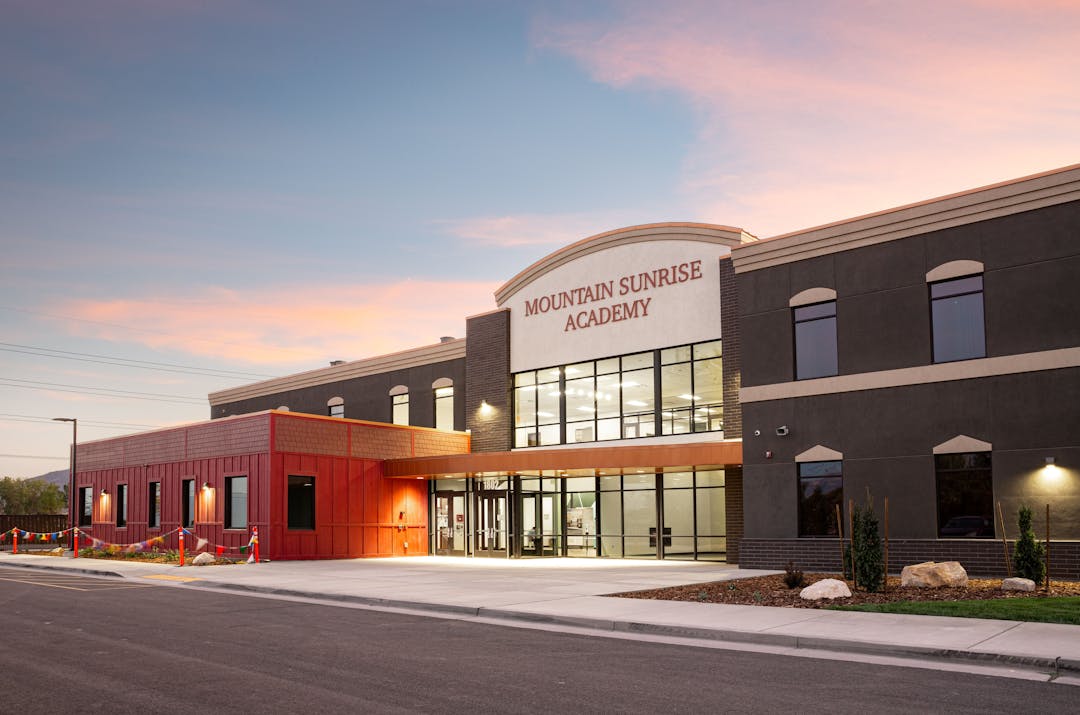
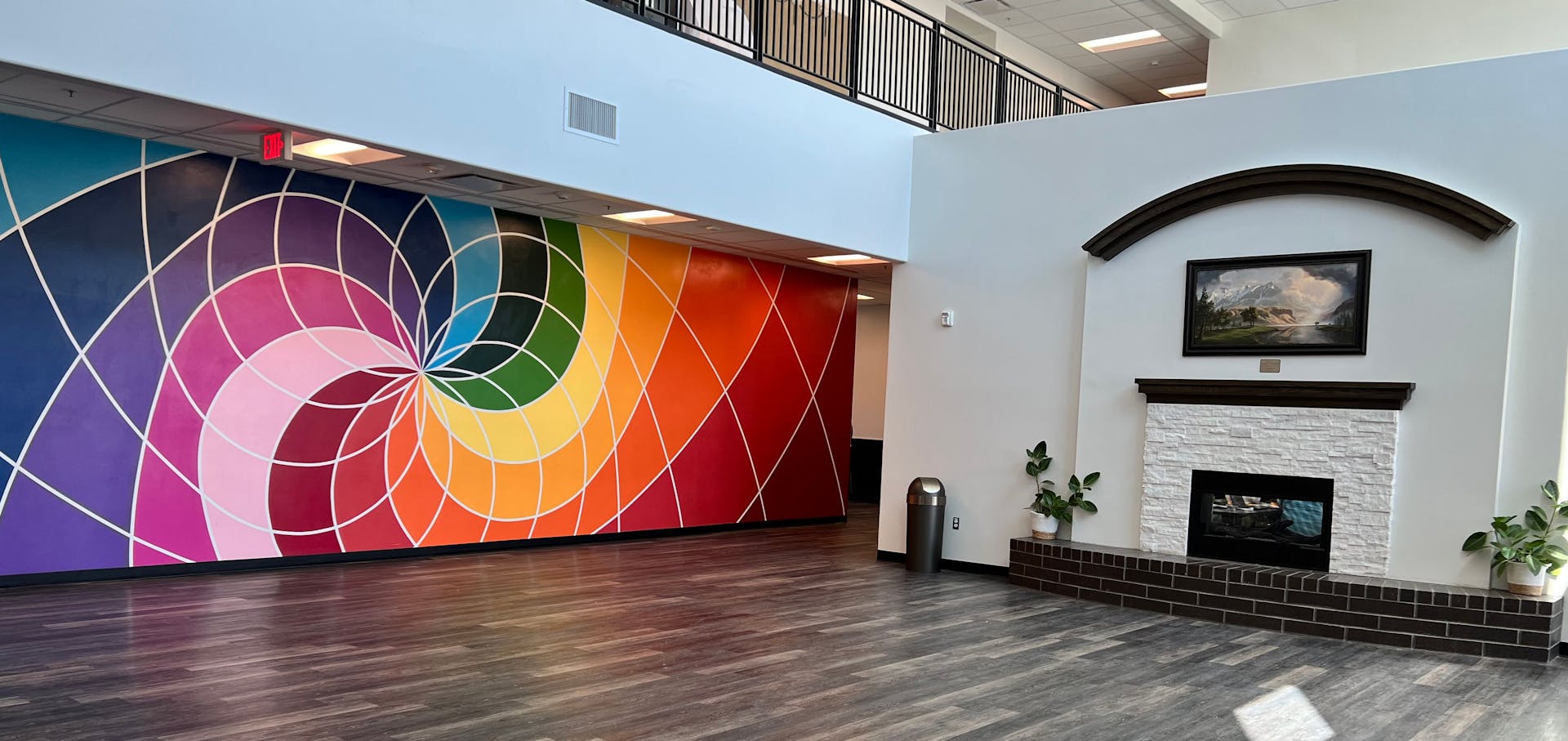
Welcome to Mountain Sunrise Academy!
A tuition-free, K-8 public Waldorf Charter School in Saratoga Springs, Utah.
Mountain Sunrise Academy is a tuition-free Public Waldorf K-8 charter school that opened in 2020! We are located along the north side of Utah Lake on the border of Lehi and Saratoga Springs.
Mountain Sunrise Academy is a member of the Alliance for Public Waldorf Education and is adhering to best practices for public Waldorf Charters including following the principles and pedagogy of Waldorf Education.
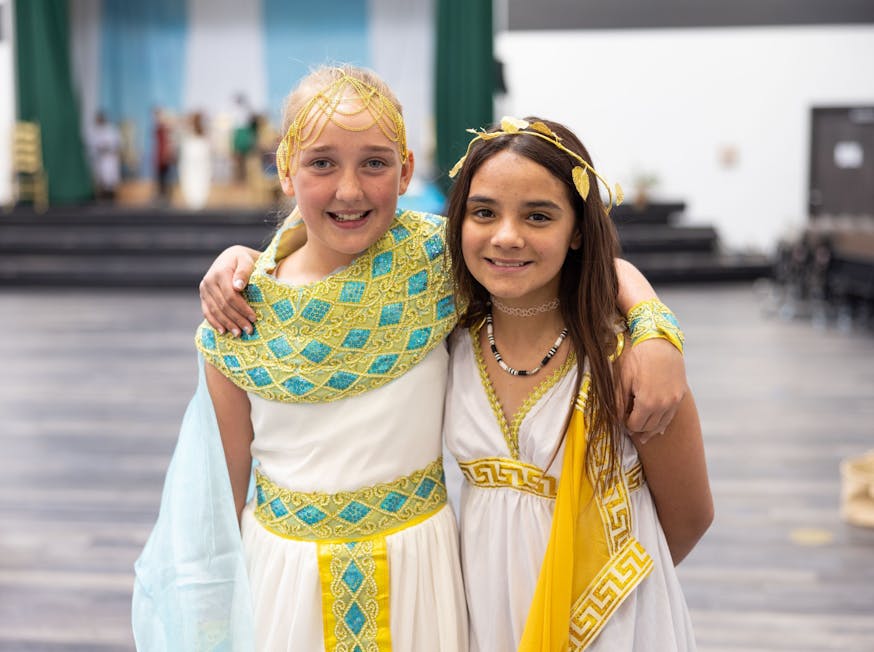
Come tour our beautiful school.
Experience first-hand our amazing programs and classrooms!
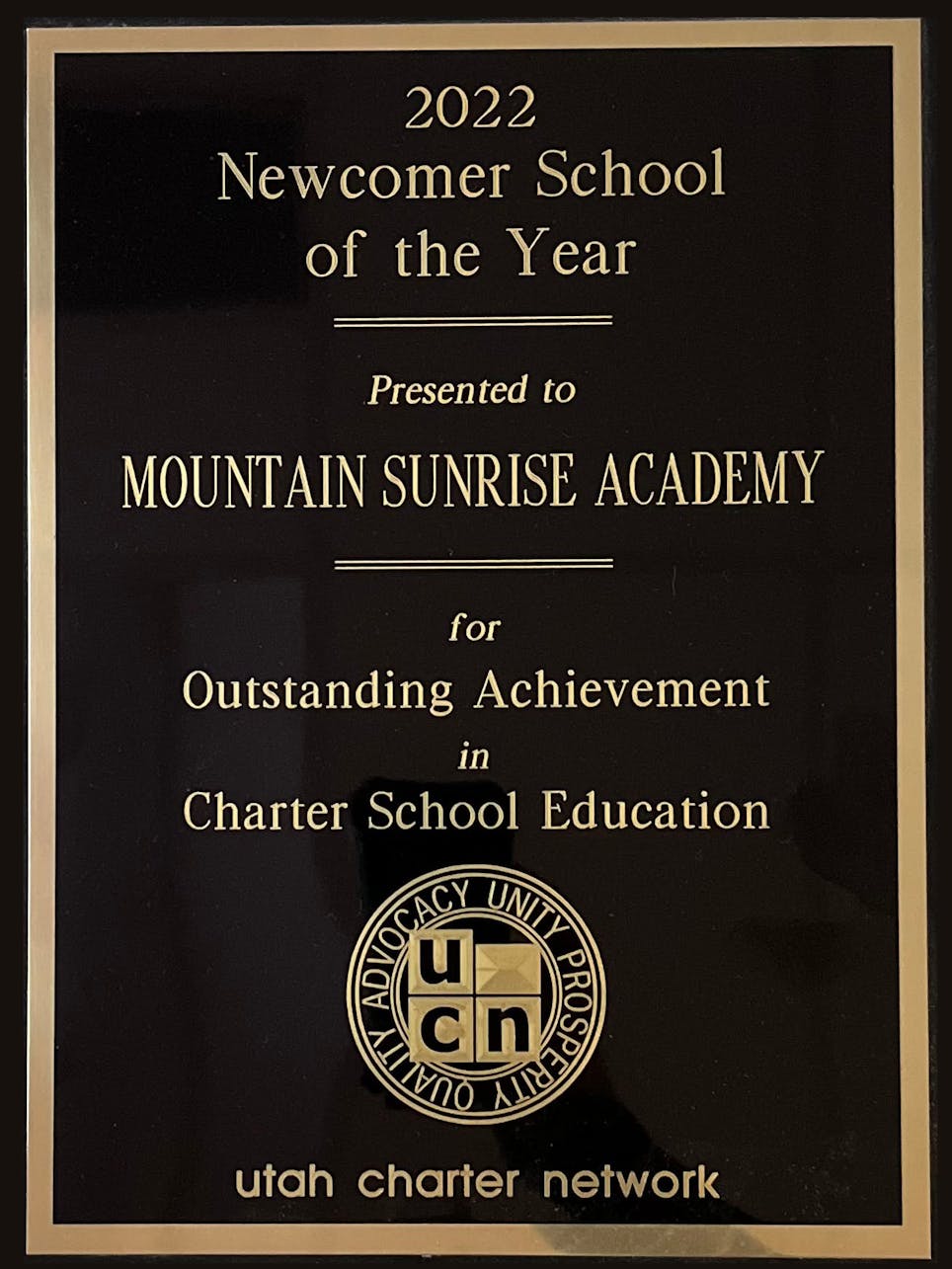
2022 Newcomer School of the Year
presented to
Mountain Sunrise Academy
for Outstanding Achievement in Charter School Education
by Utah Charter Network
Join Mountain Sunrise Academy!
Apply NowWhat is Whole Child Education?
Waldorf education is based on the educational philosophy of founder, Dr. Rudolf Steiner. This pedagogy strives to develop students’ intellectual, artistic, and practical skills in an integrated and holistic manner.
Waldorf Education uses a developmental model that follows 3 distinct stages from ages 0-7, 7-14, and 14-21. Through the use of Waldorf methodology, children’s cognitive development and their natural love of learning are nourished by incorporating the unique developmental stages each child experiences into the curriculum and instruction.
The Waldorf developmental model engages the child in a healthy developmental and psychological way, which leads to children thriving intellectually, emotionally, socially, and physically.
Nature is highly valued in Waldorf Education. Classroom time includes much time outdoors including gardening classes and field trips. Natural materials in and outside the classroom are used where possible.
Waldorf education has a consistent philosophy of child development underlying the curriculum. Curriculum and content are introduced in line with appropriate neurological (brain development), physiological, and psychological developmental way. One example is younger children have a greater need for movement and the curriculum through the grades reflects that. Another example is use of media. Technology can be a great tool and in Waldorf schools it is introduced at a more developmentally appropriate time in the older grades.
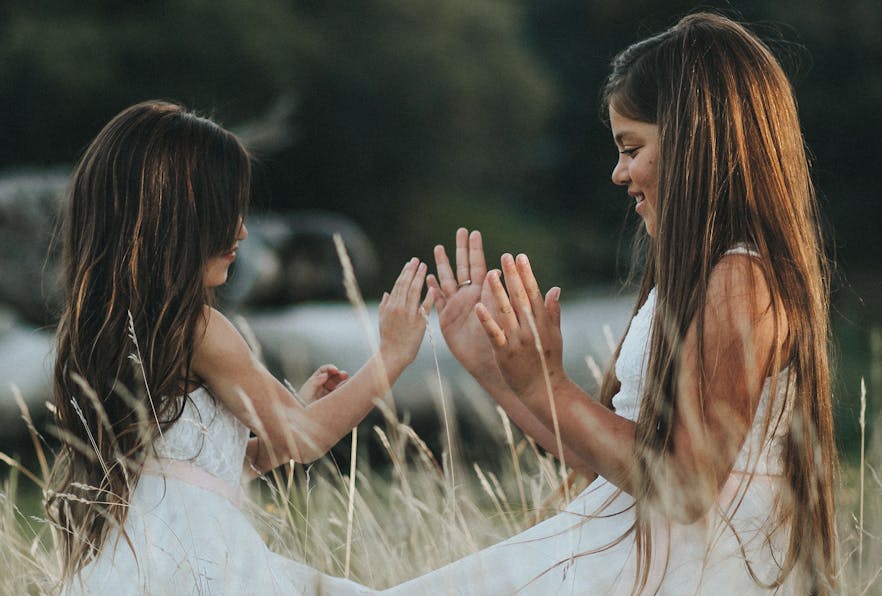
Why Should My Child Attend?
Waldorf schools honor and protect the wonder of childhood. There is a focus on whole child development which recognizes human beings consist of body, soul, and spirit and have a rich inner life. Education is taught in a holistic way that engages thinking, artistic expression, and physical hands-on activities in experiential ways. This is often referred to as educating “head, heart, and hands.”
Waldorf education values creating a secure and nurturing environment for children which is why teachers ideally loop with their class in subsequent grades. This creates a rich, deep relationship and connection with teachers and students staying in the same group throughout the grades.
Waldorf Education has a rich multi-cultural focus in its curriculum through the grades and explores many cultures through literature, festivals, dance, art, and music. This creates value and respect for diversity and an appreciation for all people.
Finally, Waldorf schools produce graduates who have developed themselves in a holistic way. They have cultivated academic, artistic, emotional, social, moral, and physical capacities and also possess the 21st century learning ideals of critical thinking, collaboration, communication, and creativity. Throughout the grades, students have explored the adage “Know Thyself” and have developed the capacities to fulfill their life path purposes and desires.
1k+
Waldorf Schools Worldwide
Currently, there are more than 1,200 Waldorf schools and 1,700 kindergartens in 80 countries.
Approximately 202 Waldorf schools are currently operating in North America.
100+
Year
Track Record
In 1919, Dr. Rudolf Steiner, the Austrian philosopher, scientist, and artist was invited to give a series of lectures to the workers of the Waldorf-Astoria factory in Stuttgart, Germany on education. From this place was derived the first school and name, Waldorf Education.
50+
Public Waldorf Schools in USA
The Waldorf public school movement is currently expanding rapidly in the United States.
In 2010, there were 12 Waldorf-inspired public schools. In 2019, there were 54 such schools.
Calendar
-
Apr15
Acadience and RISE assessments
April 15-26
-
May02
Parent Council Meeting
-
May06
Teacher Appreciation Week
May 6-10
-
May10
May Faire
-
May16
Last Day of Kindergarten








